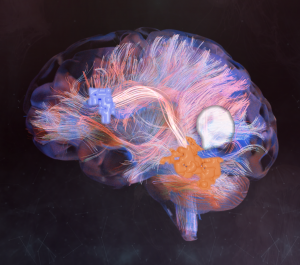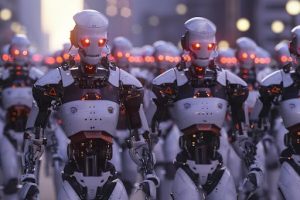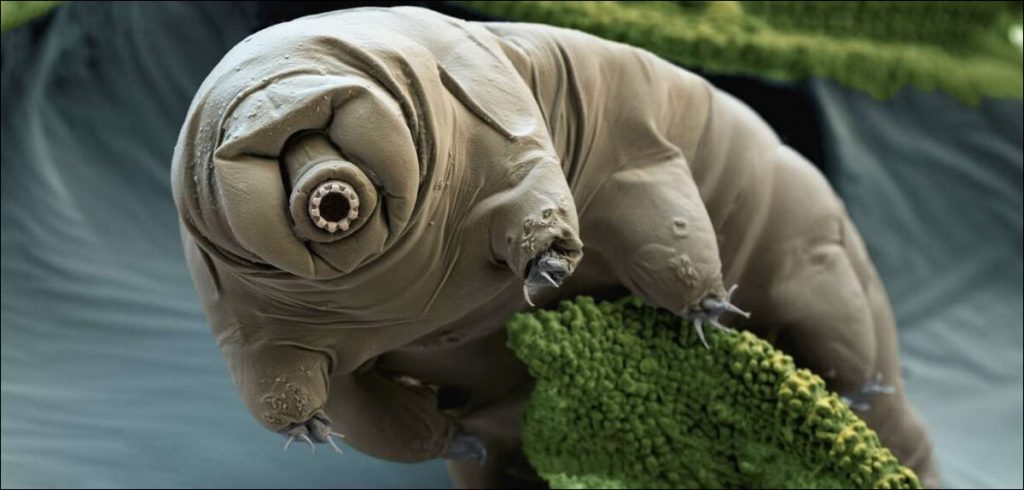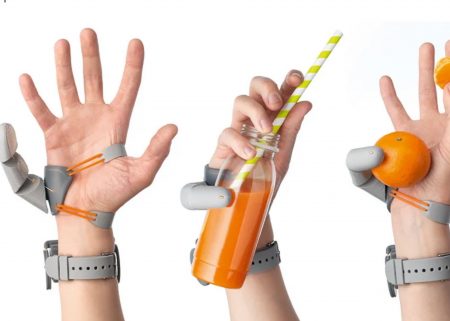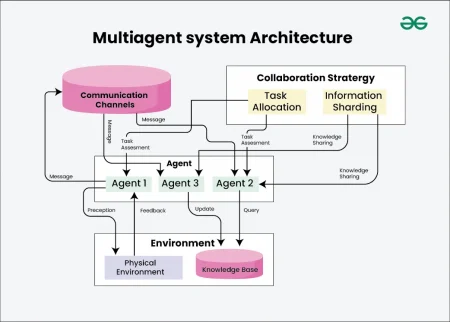A recent paper on a roundworm that survived 46,000 years frozen in ice, has renewed interest in the field of cryptobiosis that has the potential to change the galaxy writes Satyen K. Bordoloi.
In his novel The Three-Body Problem, author Liu Cixin creates an alien species called Trisolarans who can dehydrate themselves thus putting their bodies into a state of suspended animation, and survive centuries. He took his inspiration from a principle known as cryptobiosis most famous in tardigrades, a microscopic creature that can survive being frozen, boiled or exposed to vacuum.
In a recent study published in the journal PLOS Genetics, scientists from the University of Cologne in Germany claim to have revived roundworms frozen 46,000 years ago in the Siberian permafrost. The worms, found in a layer of ice that had been undisturbed for thousands of years, were able to resume normal activity after being thawed out and placed in a culture medium. They even procreated.
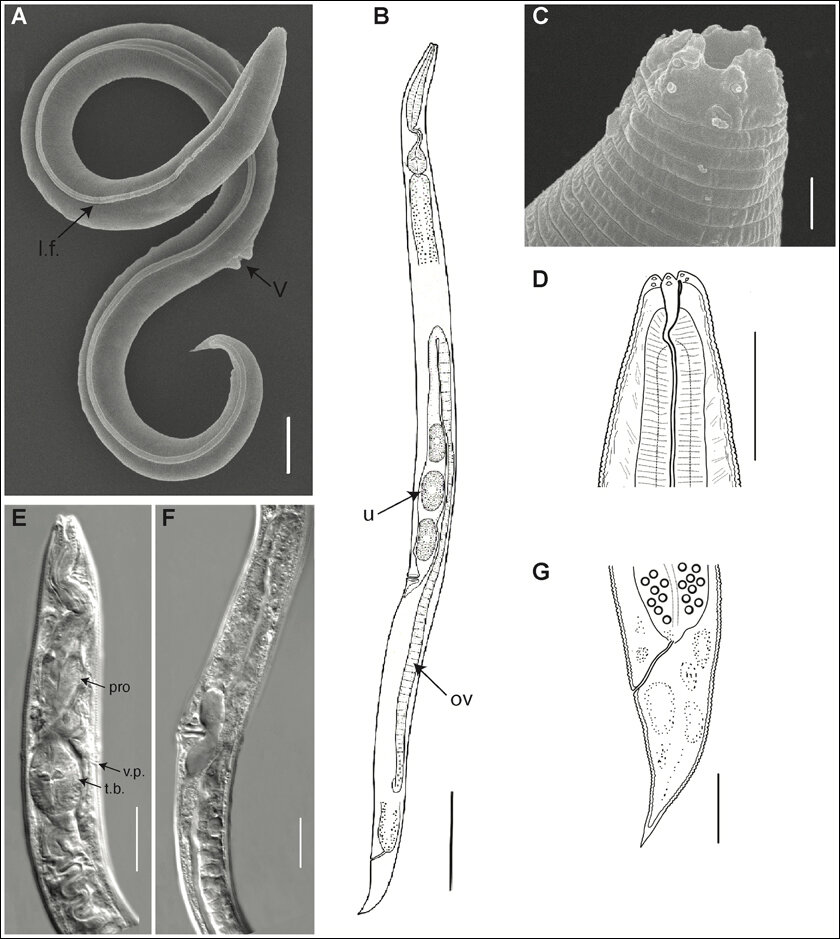
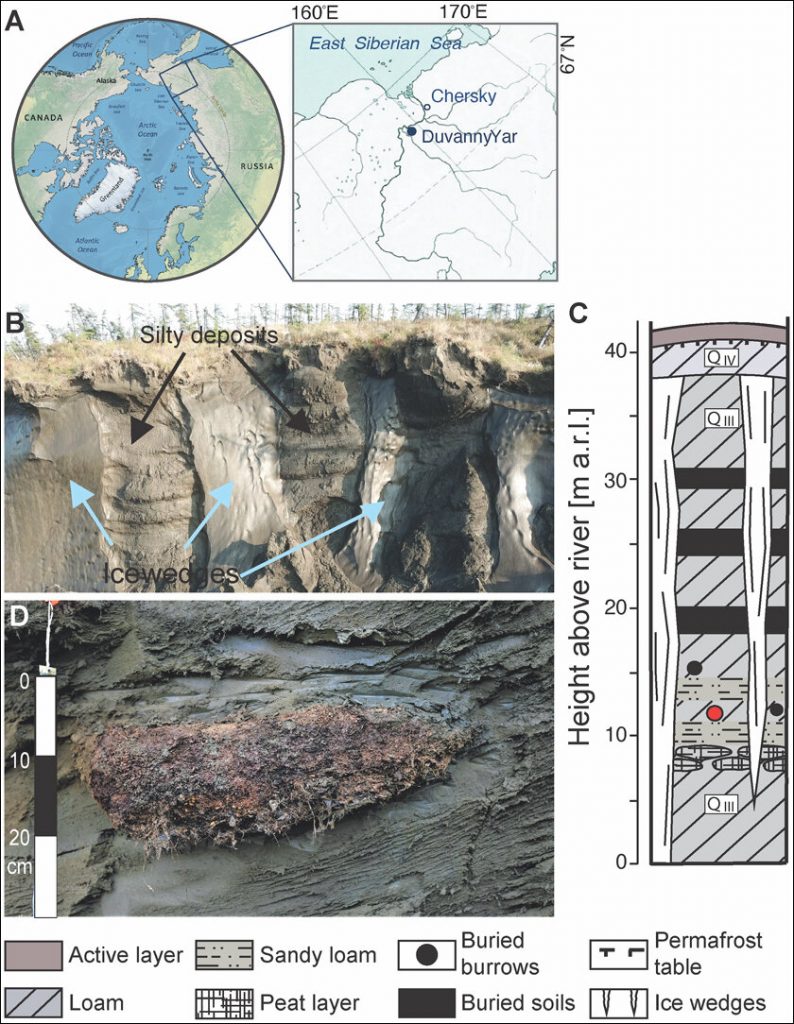
The field of cryptobiosis – the ability of an organism to push itself to a state of extreme inactivity to survive harsh, hostile environments, was in a state of cryptobiosis itself. This new discovery has not only thawed out the field but has renewed interest in how this can help a host of other, seemingly unrelated fields – space exploration, crop yield, medical science, human lifespan study, cancer treatment etc. That’s because though tardigrades can survive decades in extreme temperatures, the ability of such a complex creature as a roundworm to survive 46,000 years in a cryptobiotic state is unprecedented.
CRYPTOBIOSIS AND ITS TYPES:
Cryptobiosis aka anabiosis, is a metabolic state seen in extremophilic organisms i.e., beings that can survive extreme environments, where – as a response to adverse environmental conditions such as desiccation, freezing, or lack of oxygen – the organism can stop all measurable metabolic processes including reproduction, development, repair and go into a state of suspended animation. Under conducive environmental conditions, the organism returns to its normal metabolic life. Think of it like a laptop going into sleep mode where it has not shut down, but reduced its ‘metabolism’ so much that without being newly recharged it can last weeks even when a full charge lasts only hours in a normal state.
When humans go to sleep, some of our bodily functions slow down. Polar bears sleep off entire winters in caves in a process we call hibernation.
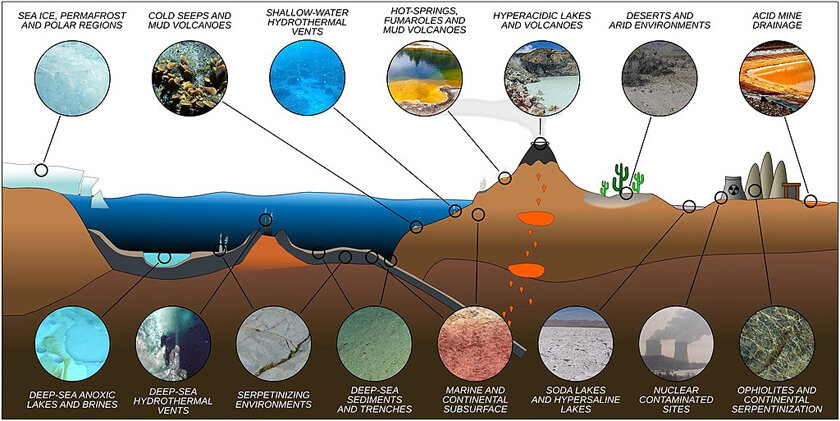
When we talk of cryptobiosis though, there are five types.
Anhydrobiosis is the most common. In it, organisms reduce the amount of water in their cells and produce protective proteins. Many types of organisms go through this e.g., roundworms, brine shrimps, most plant seeds, and even microorganisms like yeasts.
Cryobiosis is a response to freezing where organisms produce cryoprotectants to help survive their frozen conditions. Osmobiosis is when organisms survive salty environments by producing proteins that regulate water balance in their cells. Anoxybiosis happens under oxygen deficiency where organisms produce proteins that help extract oxygen from the environment and reduce metabolic activity. Chemobiosis is a response to high levels of environmental toxins where an organism produces proteins to help detoxify its systems.
Most organisms who undergo cryptobiosis, go through more than one of the above forms of it e.g., a tardigrade that is frozen may also be dehydrated.
(Video Credit: Wikipedia)
CRYPTOBIOSIS CAN CHANGE MEDICAL SCIENCE:
It is not that only microorganisms or smaller creatures have been granted the power of cryptobiosis. Even among humans, there are some cultural and religious practices that show us the hidden potential of the human body. There’s a tradition in Tibetan Buddhism where the topless bodies of monks are wrapped with a wet blanket on freezing cold nights and they have to dry it with a meditation practice called Tummo, showing the power of human metabolism. In Jainism, monks survive on just a couple of glasses of warm water a day for up to half a year. These practices are proof of our existing ability to reach states other than those we commonly achieve. The study of these practices has only recently begun but is proof that humans must also produce chemicals inside the body that help us achieve these feats.
If by studying cryptobiotic organisms and humans who achieve such feats – we can figure out ways to artificially induce such states, we will not just change biology and medical science, but bring about a profound change in life in the galaxy. The various proteins and compounds produced by the bodies of these organisms during cryptobiosis could hold the key to humans figuring out cures for diseases we have no clue about right now.
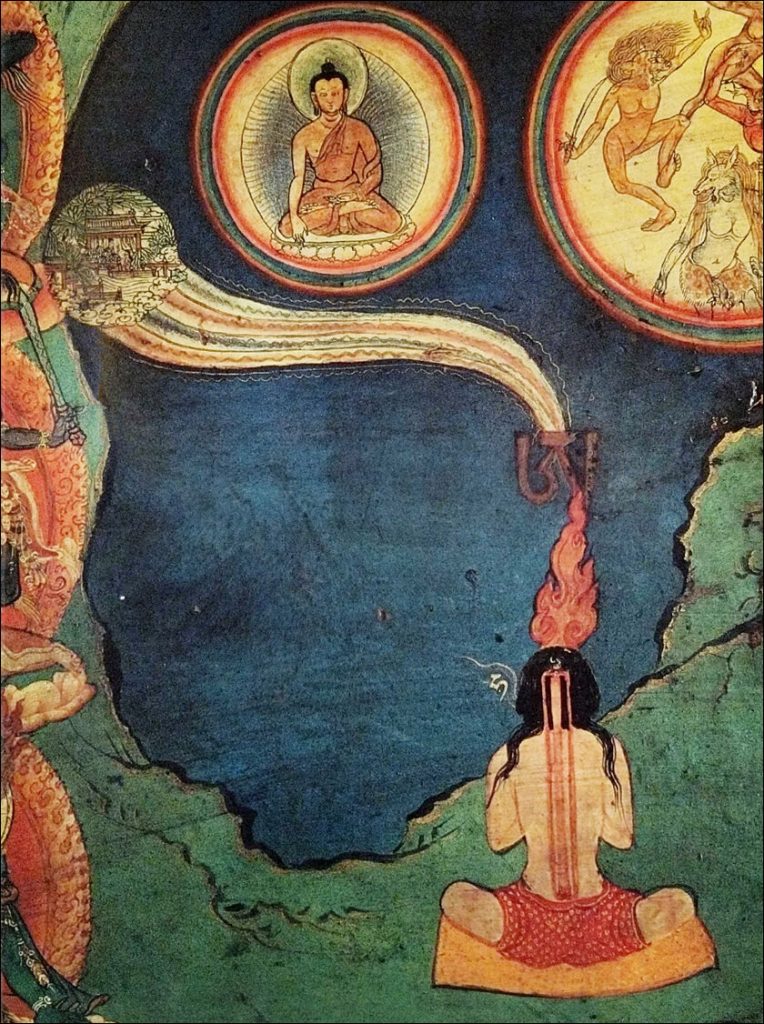
Cryptobiosis could also be key to extending life. Think of it as the reverse of embalming. The Egyptians figured out externally applied chemicals that protect the human body from natural wear and tear. Cryptobiosis is like internal embalming where the worms that survived 46,000 years, did so because their bodies produced chemicals that protected their bodies during the process.
If we figure out ways for humans to go into cryptobiosis, people with incurable diseases, could put themselves into that state and ask to be woken up when a cure is found. This is another idea used by Cixin Liu in his trilogy.
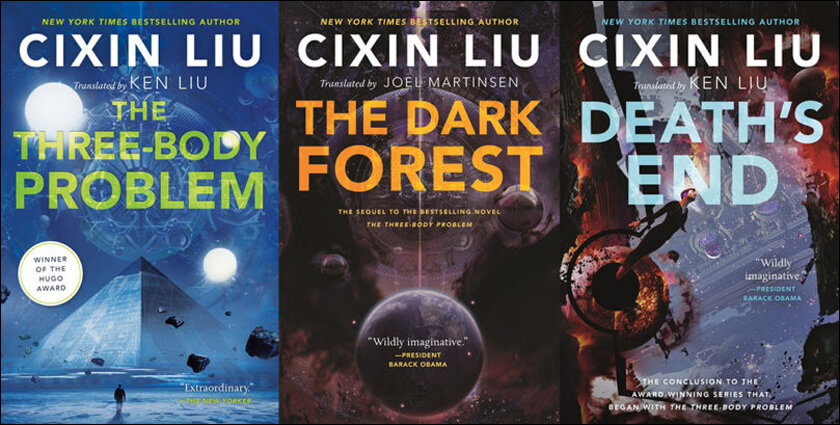
THE PROBLEM WITH SPACE TRAVEL:
One of the main constraints keeping humans on earth and not exploring space endlessly, is the limits of the human body. If humans live too long in space, the high levels of radiation there will cause multiple diseases, especially cancer. The second problem is that space is huge, it takes a long time to travel anywhere. At perigee, it takes at least 7 months to reach Mars. Thus, travel to and from Mars itself adds over a year. If a human were to also live there for a few months to conduct experiments, the exposure to radiation for such a long duration will inevitably cause cancer and leave them prone to other diseases.
Instead – like in most science fiction – what if we could put humans to some form of cryptobiosis where metabolism is lowered to the minimum, the body stored in chambers protected from radiation so that when they land on Mars, their bodies have not borne the seven months of wear from exposure to radiation of space. The ability to achieve such a state – more than just creating powerful rocket ships – would truly make us a space-faring civilization where humans on nuclear-powered ships could launch to the next star, reach there in 100 years yet only be a few months older when they land.
If other organisms or beings could be put into a cryptobiotic state, we could make a spaceship into Noah’s ark filled with all kinds of animals, plants, microorganisms, seeds etc. each in a cryptobiotic state. Wherever conducive planets are found, new civilizations could be sprung there.
These sound like science fiction because it indeed is so right now. However, cryptobiosis has more immediate applications and solutions to our current problems.
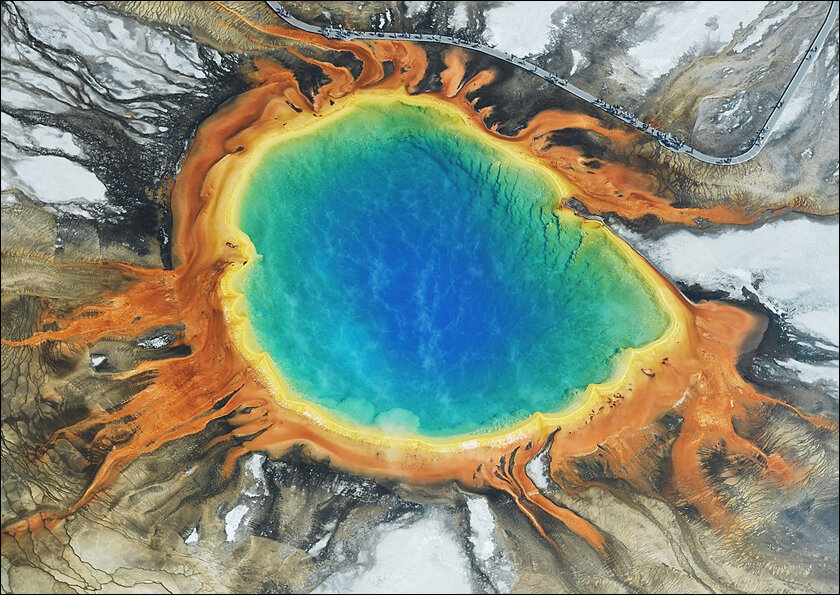
CRYPTOBIOSIS AND GLOBAL BOILING:
Though the world is optimistic, the extremities of weather that we have experienced in 2023 should be proof of how we have irrevocably changed the planet. The equilibrium of weather and temperature achieved over billions of years has been upended by two centuries of human activity, especially industrialization. Planet Earth is hotter this year than it has been in centuries. Thus, the winters will be colder. Yet more ice would have melted in the summers pouring more water into the oceans than we can handle. The result is that Earth is fast becoming an extreme planet for all the species it has birthed and sheltered. The ones poorly equipped to handle it from a biological standpoint, are humans.
While on one side scientists fight the climate crisis, the need is also for the world to find other solutions, including how to make humans survive extreme conditions. The key could be extremophiles. These creatures survive extreme conditions using some form of cryptobiosis. If the planet continues to become as extreme as it seems to be becoming, humans would need to induce in ourselves some of those extreme survivability skills. Research into extremophiles and their cryptobiotic states could be crucial to our survival in what has changed from global warming to global boiling.
Cryptobiosis could also hold the key to making our crops and animals reared for food, more resilient to the manmade vagaries of nature. Crops of the future would need to be resistant to all kinds of weather: extreme heat, freezing and flooding.
A key part of our survival, an integral ingredient of our future is thus cryptobiosis.
Imagine a future where humans have mastered cryptobiosis. We are able to dehydrate ourselves and survive centuries in a state of suspended animation. This allows us to travel to distant stars and galaxies, and explore the universe without the need for carrying excessive food or water.
We could use cryptobiosis to colonize new worlds, bringing life to other planets. We could also use it to preserve our own species, ensuring that we survive even if Earth is destroyed. It could also hold the secret to protecting and preserving the only planet we have so far.
The possibilities are endless. Cryptobiosis is a powerful tool that could change the course of human history. It is a technology we should not take lightly, and also ensure is not abused.
Cixin Liu continues with his flirtations with cryptobiosis in the next two books of the series. In them, he travels billions of years into the future, to the end not just of the solar system, but the universe. In this vivid fantasy of his, he figures out a way for humanity to survive the end of the universe.
His vision can indeed be the roadmap for all humanity. And in it, cryptobiosis – though it is not named as such – plays a vital role. We have to start now, to make that a reality.
In case you missed:
- How Old Are We: Shocking New Finding Upends History of Our Species
- The Most Revolutionary Treatment Ever Just Became Available to You
- A Data Centre on the Moon – From Sci-Fi to Necessity
- Why a Quantum Internet Test Under New York Threatens to Change the World
- Prizes for Research Using AI: Blasphemy or Nobel Academy’s Genius
- Reversing Heart Disease: Next Step in Living 150 Years Achieved in Lab
- 9 new ways to power data centers: the unthinkable to the absurd
- AI vs. Metaverse & Crypto: Has AI hype lived up to expectations
- In-pocket Nuclear Batteries Threaten to Change World Order
- The Path to AGI is Through AMIs Connected by APIs
